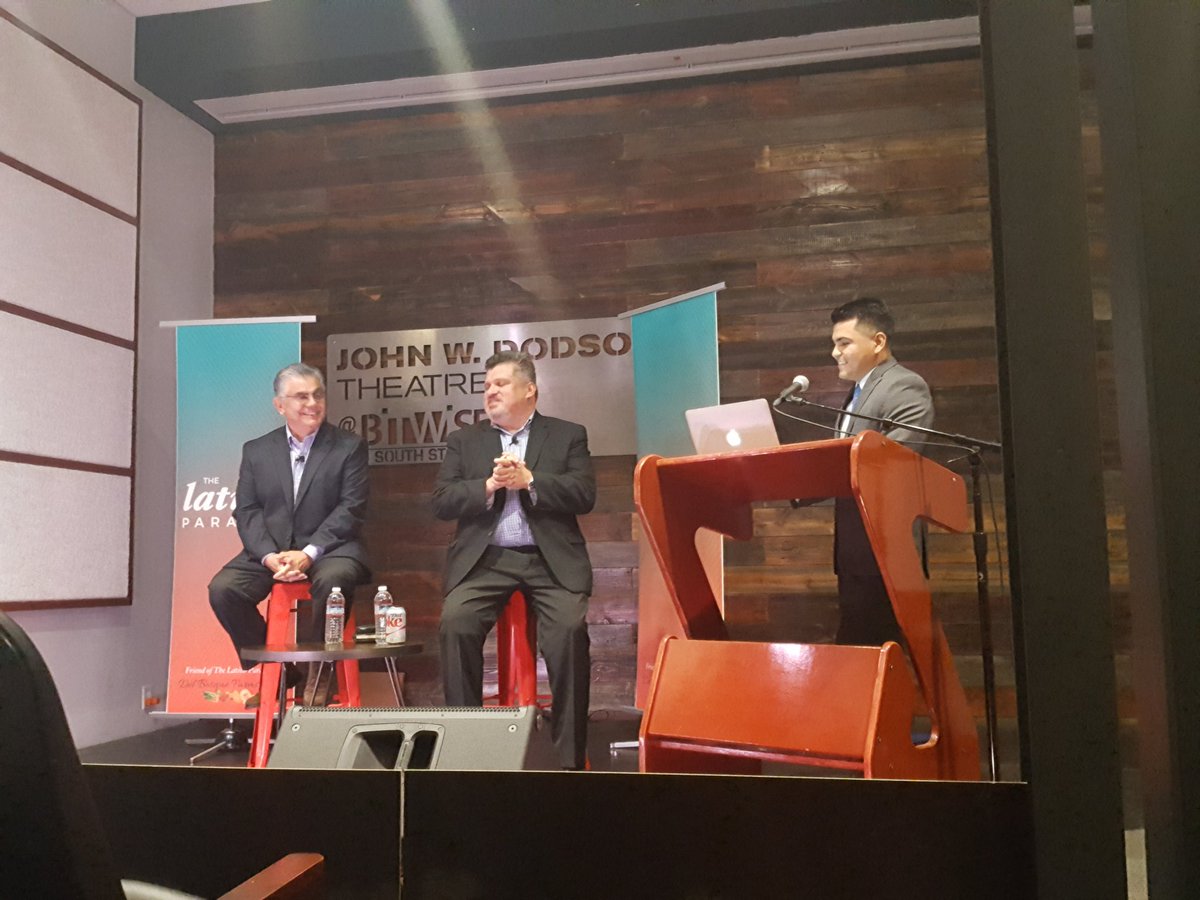Latino Paradox is a Phenomenon
Latino Status Booming But Incomes Not Following
By Melissa Moe, Associate Editor
The Latino population in California is growing, but why is it that the economic status of the population has stayed about the same over the last 60 years even as Latinos are reaching new political and academic heights? Why is it that these accomplishments aren’t mirrored in household incomes? Arnold Torres calls this the Latino Paradox. He is an expert in Latino issues.
“I was born in Sacramento, CA, went to high school in Sacramento, went to University of the Pacific and did a Master’s at American University. I was a Lyndon Baines Johnson Fellow for Congressman Pete Stark. And then, I started working for the only lobbying entity in Washington known as the Congress of Hispanic-American Citizens. I came back home, then I went to work for Senator Tunney,” Torres said.
“I worked for other Hispanic groups, and then I became the national executive director of the League of United Latin American Citizens, which is the country’s largest Hispanic civil rights group founded in 1929 in South Texas,” Torres explained.
From 1979 to 1985, he was the congressional liaison for the first two years and then the national executive director. During that time, he testified close to 200 times on virtually every issue you can imagine during the Reagan years. He was there for the last two years of Carter and the first term of Reagan.
“The Latino paradox is when you have a huge population explosion. We have phenomenal economic consuming power,” Torres said. “We are elevating to the highest positions in the state and local level in politics. And yet, our social economic profile remains so much as it was 20, 30, 40 years ago, and that’s a phenomenal paradox.”
“As we are ascending to power, what are we going to be in charge of? The way things look now is that we’re going to be in charge of a wasteland. Climate change will hurt us. What are Latinos doing about that climate change? Why is it so important for Latinos to play a different role? Because our population is so big now,” Torres said.









